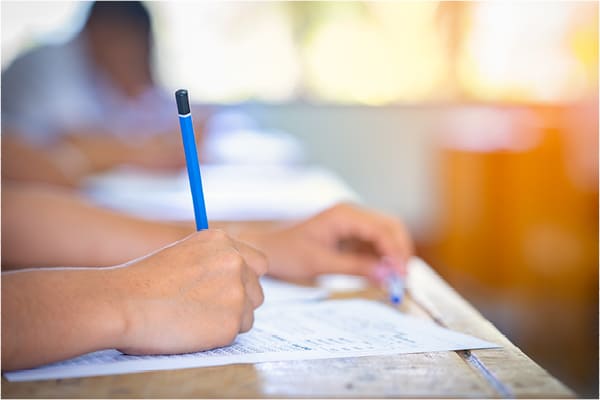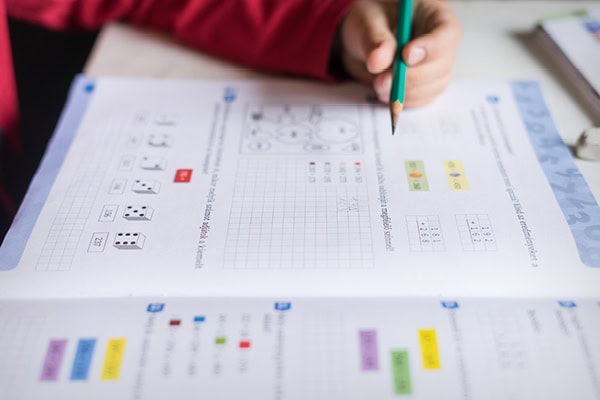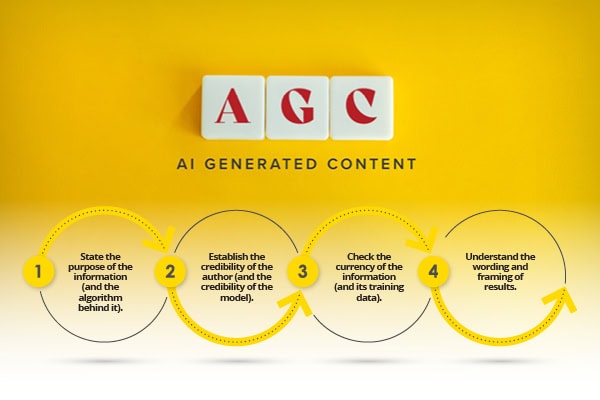School districts across the country are increasingly turning to surveys that ask students to rate their teachers and their schools on various metrics of quality and effectiveness, according to an article in Education Next written by Vladimir Kogan, a professor in The Ohio State University’s Department of Political Science.
“It’s not too late to consider carefully both the promise and the likely pitfalls of using student surveys as a measure of teacher and school performance,” writes Kogan.
“Education research documents considerable variation in the effectiveness of public school teachers. Many states reformed their teacher-evaluation policies during the 2010s, adopting rigorous evaluation systems designed to measure and reward teacher contributions to student learning.
“But it seems that efforts to improve teacher rating systems have largely been a bust. Why? One probable explanation is that the metric of teacher quality preferred by reformers — “value added” to student test scores — can only be calculated for a minority of teachers, since most do not teach grade levels and subjects where standardized tests are administered annually.
“Some accountability hawks now pin their hopes on student surveys, which can be administered in every subject and to students as young as grade 3. A Dallas survey of students in grades 6–12 asks them to evaluate factors such as the teacher’s expectations of students, the positive or negative “energy” in the classroom, the fairness of the teacher’s rules, the depth of a teacher’s subject knowledge, the frequency of helpful feedback, the clarity of instruction and more.
“But it is concerning that the hype surrounding student surveys has gotten well ahead of the evidence. Researchers have devoted too little attention to validating survey-based measurements. And decisionmakers have not sufficiently considered the potential consequences of attaching high stakes to student survey responses.
“Early data did find some evidence that survey-based measures predicted test-score growth, but these results were not confirmed in the more rigorous part of the study in which students were randomly assigned to different teachers. A study published in the Economics of Education Review found no relationship between student survey scores and improvements in academic achievement. This prompted researchers to suggest “practitioners should proceed with caution when considering student survey measures for teacher evaluation.”
“Many educators now appreciate the ways in which high-stakes accountability policies can encourage “teaching to the test” – but few have considered the problem of “teaching to the survey.” Letting students weigh in on teacher evaluations is a great way to encourage teachers to do more of what students want. But do student surveys lead to improvements in instructional quality. The jury is still out.
“If there is one lesson that the past four decades of education reform have taught us, it’s that well-meaning policies rarely work as their proponents expect and hope. Sometimes they even backfire, producing the opposite of what was intended. Both practitioners and policymakers should remember these lessons as they think about how to incorporate student surveys into education-accountability systems or use such data to shape policy.”
Education Next





